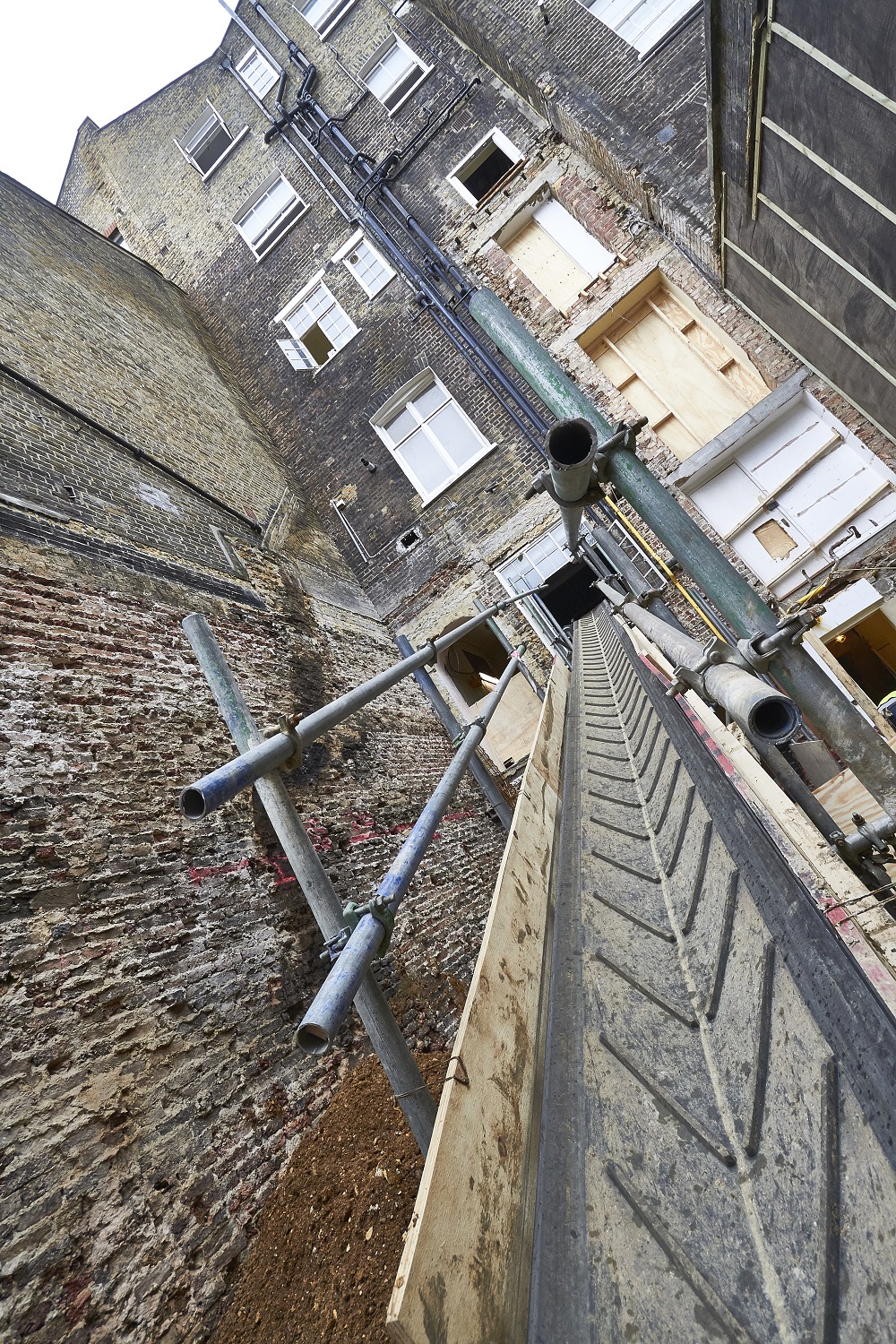- Amanda
- October 28, 2020
What Do You Need To Consider When Planning A Residential Basement Excavation Project?

Although the Government has suspended stamp duty until March 2021 for homes worth less than £500,000 many people, especially those in London and some of the UK’s largest cities, are looking to make the most of their home’s by extensions.
But expanding and improving your home isn’t just about a conservatory or an extension. In some cases, it can be about making use of redundant or underutilised basement space that can be turned into whatever you need and in most cases, giving a basement a new lease of life with add value to a property.
In 2017, the UK saw a 183% jump in the number of planning submissions made for residential basement excavation projects and in London, 80.7% of approved planning applications were for single storey excavations, with 16.9% for larger two storey excavations and 2.4% three-storey ‘mega’ excavations which were commissioned by the super-rich living in some of the most affluent parts of the Capital.
Of course, not everyone has a basement that can be excavated but for those that have, there is something fundamental you need to think about before you plan your project and think about a budget.
If there is a basement which is already in situ and its just a case of turning it into liveable/usable space then the costs will be kept to a minimum but where a basement area needs to be properly excavated to create more space you will need to think about what needs to be moved,
How far and how the materials will be transported into either a skip or lorry so that it can be removed from a site?
There is a solution that not only offers a cost and time effective way of moving excavation materials safely and efficiently but which can handle that within the most constrained and complex of sites.
Modular conveyors offer a flexible and practical way of removing excavation rubble, soil, tiles, rubble, and other materials safely even when there is constrained access or if the conveyor needs to move materials across levels, at an incline.
Instead of someone having to fill buckets or wheelbarrows to move what’s needed, conveyors can be installed and work continuously to take everything out of the property so that the excavation phase can be completed as quickly as possible. Conveyors can also in some cases, save time and money, and can be configured so that they maximise the output, overcoming some of the challenges that complex or constrained sites can bring.
Coveya has been specialising in supply conveyors for basement excavation projects for years and from challenging residential projects to the two-year excavation of three underground storeys at Claridges in London, we have a conveyor for any basement excavation project. Our conveyors are also available for short and long term hire, making them a cost-effective option which can be delivered and installed within a matter of days.
For more information about our range of conveyors for basement excavation projects in London and throughout the UK, click here. You can also find out more about some of the interesting projects we have been involved in by clicking here.
If you would like any more information, arrange a free site visit or request a free quotation, contact Ron Farr on 0800 915 9195
Download a copy of the new Coveya Construction brochure by clicking here.


